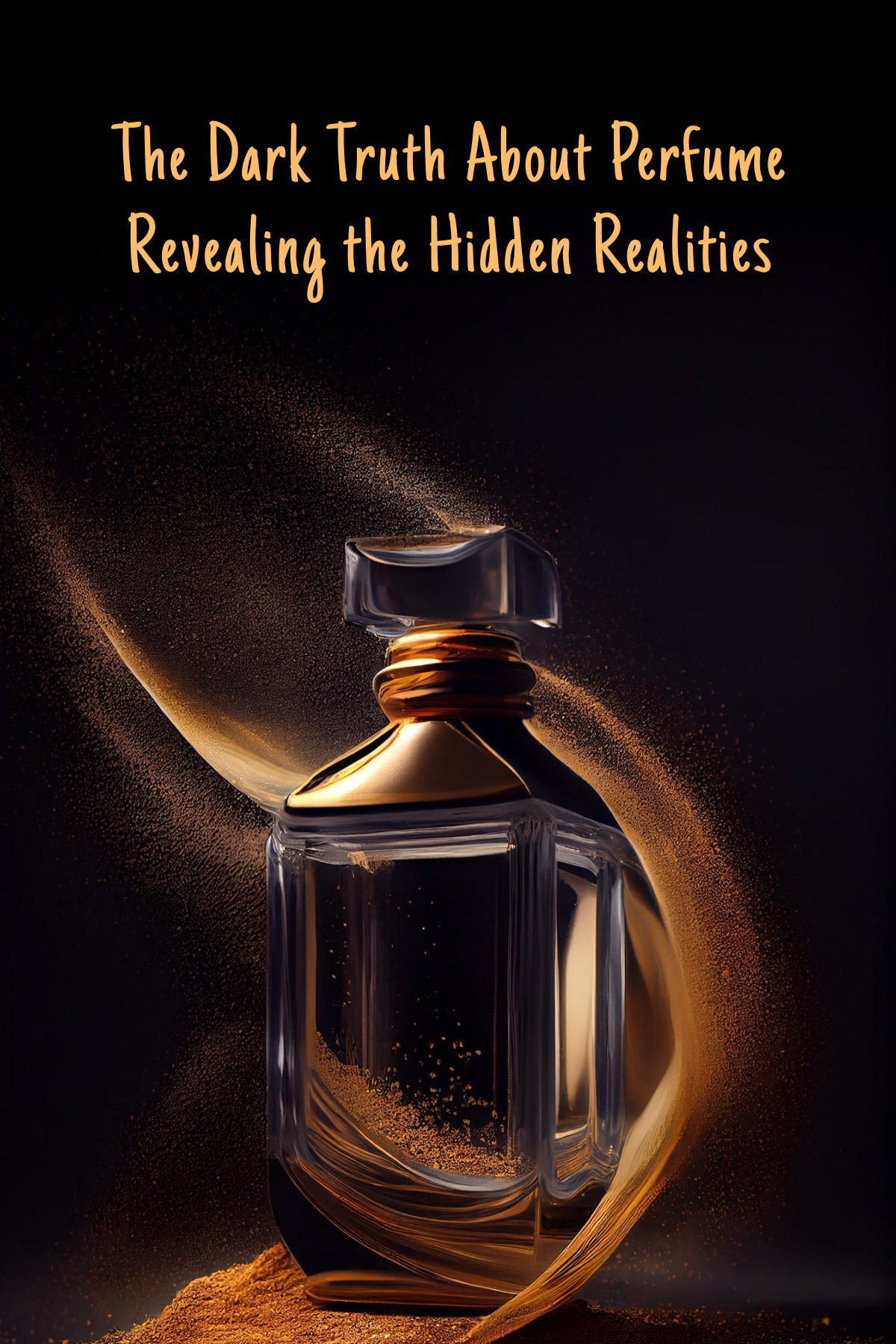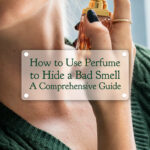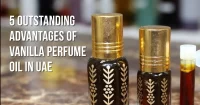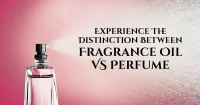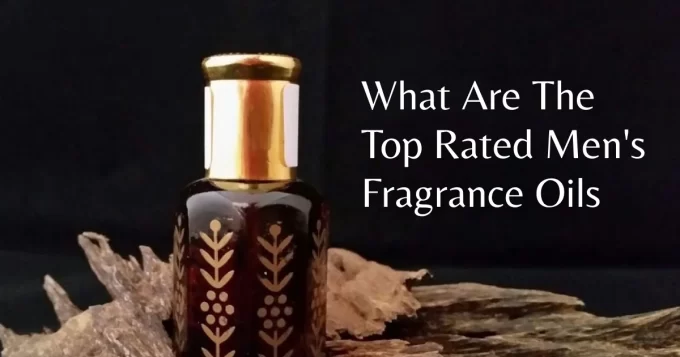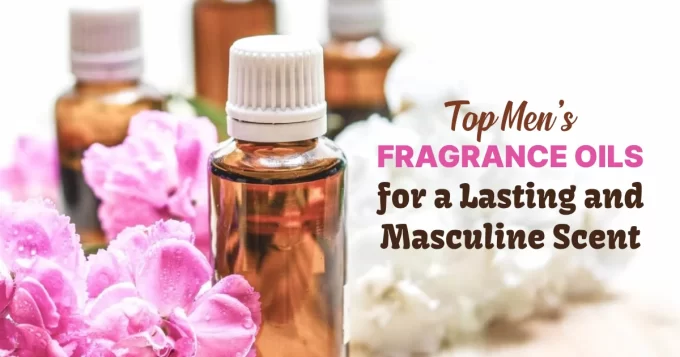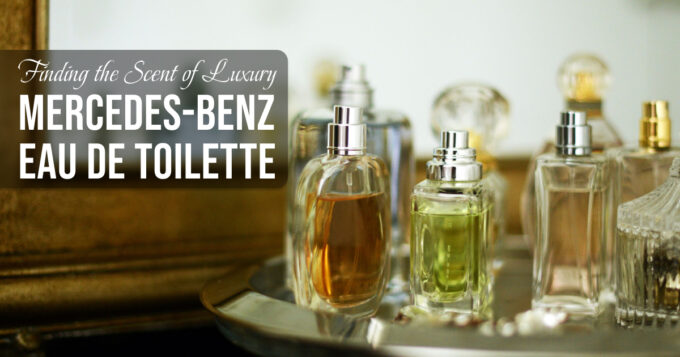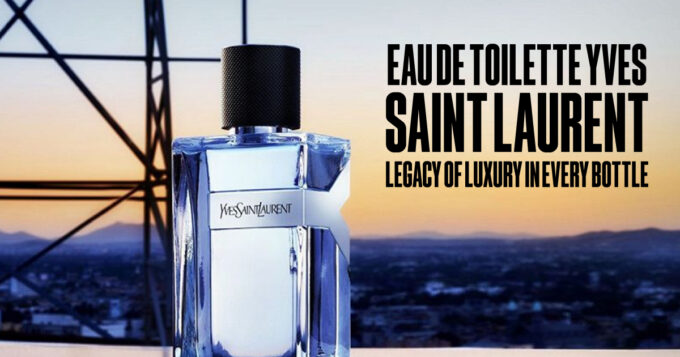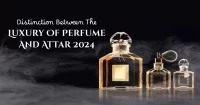Perfume has always been linked to wealth, elegance, and charm. Fragrances have played an important role in human history and personal expression, ranging from ancient civilizations to modern fashion businesses. However, beneath the alluring scents and stunning bottles is a darker reality that is sometimes neglected. In this blog article, we will look at the perfume industry’s hidden facts, including its environmental impact, health dangers, and ethical concerns.
1. The Environmental Impact.
a. Ingredient sourcing
Many perfumes contain natural elements, such as flowers, woods, and animal products. The extraction and harvesting of these ingredients can have a substantial environmental impact. For example, the manufacture of oud, a rare and precious substance included in many high-end perfumes, frequently entails illegal logging of agarwood trees. This not only causes deforestation but also puts the species’ survival at risk.
b. Synthetic ingredients.
To accommodate the high demand for fragrances, several perfume companies use synthetic compounds to mimic natural scents. While this lessens demand for natural resources, it also creates new environmental issues. Petrochemicals, produced from fossil fuels, are frequently used in the manufacture of synthetic substances. This contributes to both pollution and climate change.
C. Packaging Waste
Perfume packaging is generally complex and opulent in order to entice customers. However, this magnificence comes with a cost. The manufacture of glass bottles, plastic caps, and decorative packaging materials produces a large amount of waste. Furthermore, many of these materials are non-recyclable and wind up in landfills, adding to environmental deterioration.
2. Health Risks.
a. Toxic ingredients.
Perfumes frequently include a combination of chemicals, some of which may be detrimental to human health. Phthalates, for example, are frequently used to make perfumes, including budget chypre, stay longer. However, they have been connected to hormonal imbalances and reproductive problems. Similarly, synthetic musks, which are used to mimic natural musk fragrances, can build in the body and have been linked to health risks
b. Allergic reactions.
Fragrances are a frequent source of allergic responses and skin discomfort. Linalool, limonene, and eugenol, all produced from natural sources, can induce dermatitis and other allergic reactions in sensitive people. Furthermore, the lack of openness in ingredient labeling makes it difficult for consumers to recognize and avoid allergies.
c. Respiratory issues.
Perfumes include volatile organic compounds (VOCs), which can contribute to indoor air pollution and respiratory disorders. When sprayed, these substances evaporate into the air and can be breathed, causing symptoms like headaches, dizziness, and respiratory irritation. Long-term VOC exposure has been related to more serious health problems, such as asthma and other chronic respiratory diseases.
3. Ethical Concerns:
a. Animal Testing.
Despite increased public concern and criticism, animal experimentation remains a difficult subject in the perfume industry. Many scents are animal-tested to confirm their safety for human usage. This procedure frequently involves exposing animals to excessive levels of toxins, resulting in misery and death. While some corporations have adopted cruelty-free procedures, others continue to use animal experimentation, which raises ethical issues among consumers.
b. Labor practices
In developing countries, the manufacture of perfume components is often labor-intensive. Workers, particularly children, may face bad working conditions, low salaries, and exploitation. The demand for ingredients such as vanilla, jasmine, and rose can lead to unethical labor practices, exacerbating social and economic inequality.
c. Cultural appropriation.
The use of traditional and indigenous elements in perfumes can sometimes result in cultural appropriation. Fragrance corporations may profit from indigenous communities’ cultural heritage and traditional knowledge without offering adequate recompense or recognition. This exploitation has the potential to destroy cultural identities and exacerbate historical injustices.
4. Regulatory challenges
a. Lack of transparency
The perfume industry is famously private, with many corporations closely preserving their fragrance compositions. Consumers struggle to make educated decisions regarding the items they use due to a lack of transparency. Ingredient listings frequently contain ambiguous phrases such as “fragrance” or “parfum,” which might conceal a wide range of substances and potential allergies. For fragrance enthusiasts, especially those searching for the best chypre fragrances fragrantica, the lack of detailed ingredient information makes it even more challenging to identify safe and suitable perfumes.
b. Insufficient Regulation
The perfume industry is subject to varying levels of regulatory control across countries. Some regions have strict restrictions regarding the safety and labeling of scent goods.
In other cases, rules may be inadequate or absent, allowing potentially dangerous compounds to access the market. The global nature of the perfume industry makes it difficult to develop uniform regulations and protect consumers internationally.
Conclusion
While perfume can be an effective instrument for self-expression and personal identification, it is critical to be mindful of the darker realities that underpin its creation and application. The perfume industry has a number of difficulties that require our attention, including environmental degradation, health dangers, ethical concerns, and regulatory challenges.
Consumers can make more informed decisions by searching out transparent, ethical, and sustainable companies and pressing for increased industry responsibility. By doing so, we can enjoy the beauty of smell without jeopardizing our health, the environment, or our beliefs.


